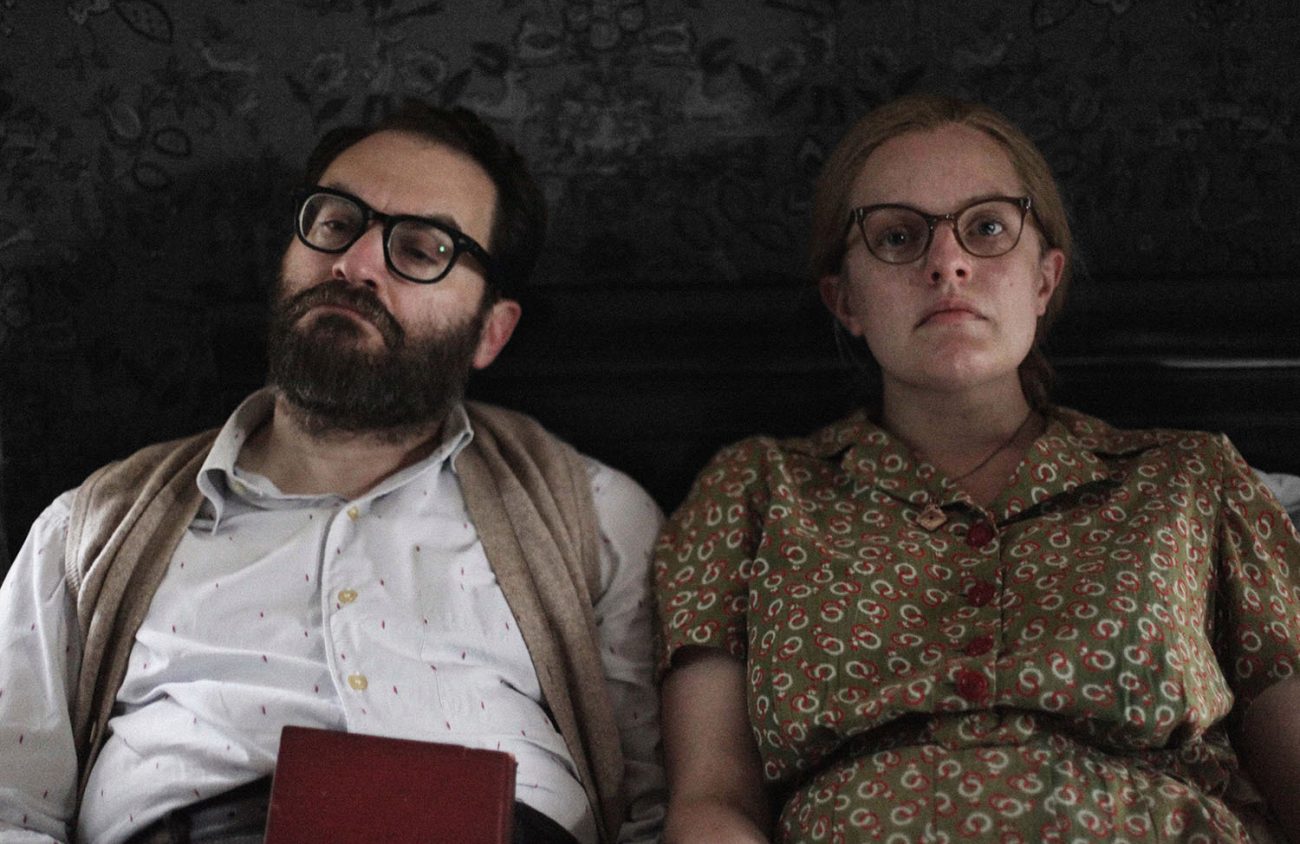I’ve argued here and elsewhere that, for my money, one of the most authentically feminist films of the past 25 years is Winter’s Bone, Debra Granik’s 2010 adaptation of Daniel Woodrell’s novel about a teenage girl, Ree Dolly (Jennifer Lawrence, in what remains her finest performance), who penetrates the criminal underworld of the rural Ozarks in order to save her family from eviction.
What distinguishes that film, beyond the sheer artistry of Granik’s direction, is its utterly unsentimental view of Ree’s coming of age, which includes at one point a cautionary beating at the hands of older women acting on behalf of an ancient patriarchal code. The violent, mannered, insanely complicated world Ree must navigate is revealed in all its tragic splendor, and her journey through it is messily human and deeply ambivalent. Courage is not Ree’s triumph but her reckoning, a birthright of survival that cannot overthrow the evil of its terms.
Winter’s Bone came to mind often while I was watching director Josephine Decker’s latest film, Shirley, a hallucinatory biographical drama about the horror author Shirley Jackson, based on the novel by Susan Scarf Merrell. If this is a biopic, it is the strangest biopic you’re likely to see: The film depicts a claustrophobic span of time in which a young college student, Fred (Logan Lerman), and his pregnant wife, Rose (Odessa Young), move in with Jackson (Elizabeth Moss) and her professor husband Stanley (Michael Stuhlbarg).
Part Who’s Afraid of Virginia Woolf and part Ingmar Bergman’s Persona, the movie plays out as a nightmarish tone poem about the struggle of female identity in confrontation with itself and, more important, in collision with the insidious social polarities of control, condemnation and male approval. As with Winter’s Bone, however, these issues are submerged brilliantly inside a psycho-sexual swarm of implications that perpetually disarm easy readings, leaving an impression of anxiety that is the film’s dominant mood.
Stanley, a boorish prig of an academic, initially brings the couple on board to help him keep house while Shirley falls apart, as artists, we suppose, are wont to do; this solicitousness toward his haunted wife, however, hides motives that are far less honorable, and more in keeping with her fragile state. Fred, the least developed character in this macabre chamber drama, is the portrait of the naive grad student, desperate for his mentor’s approval and completely oblivious to the hidden bloodsport of academic life.
But the film really belongs to Moss and Young. In performances of equal ferocity and subtlety, they circle each other like refracting mirrors, in a dance that begins in animosity and antagonism but ends in something like love, or at least recognition. As Shirley begins work on a novel based on the real-life disappearance of a local college girl, an existential slippage begins to occur: Shirley and Rose blend, adding to and subtracting from each others’ identities, as each struggles against becoming the woman who is known only because she disappeared.
As in Henry James’ great feminist horror novel Portrait of a Lady, Shirley portrays a world in which women are only acknowledged to the extent that they submerge their desires, and therefore silence and extinguish themselves, inside a series of hedged expectations: wife, mother, lover, even crazy author of gothic horror stories.
And there’s the rub, and the film’s most chilling implication, best exemplified by one of its final scenes: A long, lingering close-up on Shirley, as we hear Stanley’s off screen voice praising her new manuscript to the sky. His approval, which she at once needs and loathes, arrives like a condemnation, and Moss’s face registers a lifetime’s worth of anguish, wisdom, cynicism and, yes, relief. He might as well be telling her: “You’ve come a long way, baby.”
Tight in scope but wildly layered, Shirley is a creepy, disorienting dive into cinematic facture and psychic frenzy, often reminiscent of David Lynch’s Mulholland Drive. The cast is crazy good, and the film is visually stunning and often quite funny. It might leave you pissed; it might leave you confused; but it won’t likely leave you.
Shirley is available through Broadway Metro’s Virtual Cinema program at BroadwayMetro.com.
